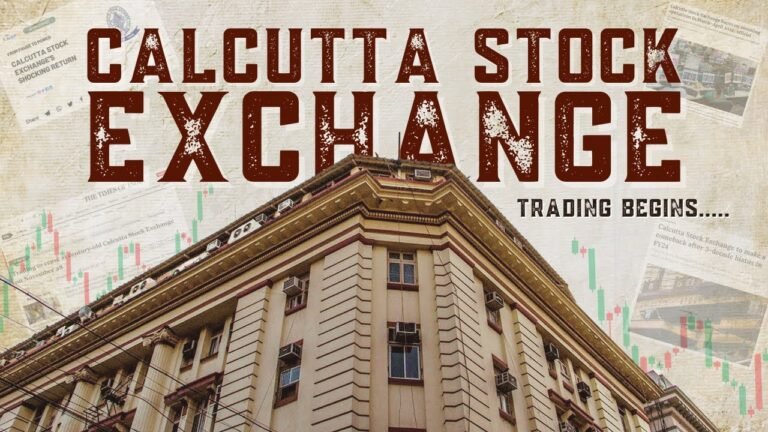
Zomato, a popular food delivery company, doesn’t actually hire its delivery boys as employees. Instead, they call them “partners.” This might sound good, but it comes with many problems for the delivery boys. Let’s look at how Zomato’s delivery boys are treated.
No Social Security
Since Zomato calls its delivery boys “partners,” they don’t get social security benefits like regular employees. This means they don’t have access to health insurance, retirement funds, or any other safety nets that employees in other jobs might have. If they get sick or injured, they have to handle it on their own.
No Fixed Work Hours
Delivery boys don’t have a fixed schedule. They can choose when to work, but this also means there’s no structure to their work hours. They might end up working long hours to make enough money. There’s no guarantee they will have steady work or income.
No Guaranteed Pay
There’s no guarantee of how much money a delivery boy will make. Their earnings depend on the number of deliveries they complete. If there aren’t many orders, they make less money. This uncertainty can make it hard for them to plan their finances or support their families.
No Fuel Allowance
Zomato does not provide a fuel allowance for its delivery boys. They have to pay for their own fuel out of their earnings. Since they travel a lot to make deliveries, this can take a big chunk out of their pay.
Accidental Bonus Based on Ratings
If a delivery boy has an accident, any bonus they might receive depends on their ratings from customers. This means if their ratings are not high enough, they might not get any extra help, even if they were hurt while working.
Limited Upward Mobility
Even though Zomato talks about giving its delivery boys freedom, in reality, they have very limited opportunities to move up. There are no clear career paths or promotions. They might start and end their time at Zomato in the same position, with little chance to improve their situation.
A Closer Look at the Challenges Faced by Zomato’s Delivery Partners
Zomato, one of India’s leading food delivery platforms, boasts impressive numbers on its website: “1 lakh + happy partners” and “10 crore + happy deliveries.” However, behind these figures lies a different reality for the delivery workers who make these deliveries possible.
The Plight of Delivery Workers
Delivery workers for Zomato (and other similar platforms like Swiggy) have been voicing their concerns about unfair practices. Here are some of the challenges they face:
1. Job Insecurity: Many delivery workers lack job security. They work long hours, often 12 to 14 hours a day, without any assurance of steady employment.
2. Variable Pay: The base pay for delivery workers varies based on the region and city. Additionally, they receive variable components such as wait time and distance traveled. This unpredictability affects their overall income.
3. Low Base Pay: The base pay is often minimal, and delivery workers rely heavily on incentives and bonuses to make ends meet.
4. Fuel Costs: With increasing fuel prices, delivery workers find it harder to sustain their livelihoods. They cover significant distances each day, and the rising fuel expenses eat into their earnings.
5. Inconsistency in Incentives: Some delivery workers report inconsistencies in incentive payments. These fluctuations impact their take-home pay.
6. First Mile Pay: There have been allegations that the first mile pay (for picking up orders) is often missing or insufficient.
The Irony of Zomato’s Slogan
Zomato’s slogan, “Ride with pride,” seems ironic when delivery workers express feelings of exploitation. They feel like “slaves” rather than partners. Despite being essential to the company’s success, they lack the rights and benefits that employees in the organized sector enjoy.
Legal Challenges and Recognition
Recently, a trade union of gig workers moved the Supreme Court, alleging that companies like Zomato violated their fundamental right to social security². These gig workers argue that they should be recognized as “workers” under social security laws.
The Bigger Picture
Zomato’s case highlights broader issues faced by gig workers – low pay, irregular working hours, overwork, and poor mental health. While the company celebrates its IPO, it’s essential to recognize the challenges faced by those who make its success possible
The job also has no benefits like sick leave, health insurance or retirement savings. If a delivery worker gets injured or their vehicle breaks down, they have to pay all the costs themselves.
Another complaint is lack of health and safety protections. During COVID-19 lockdowns, many drivers said Zomato did not provide masks or sanitizers to protect them from the virus while continuing deliveries.
Delivery workers must also follow strict rules set by Zomato’s algorithms and face penalties like low compensation if they reject too many orders or take longer routes.
Some drivers allege they get stuck doing many long-distance orders without appropriate compensation for travel costs and time. There are also reports of delivery workers being blocked from the app by Zomato without warning or explanation.
While convenient for customers, rights groups argue the food delivery model exploits a vulnerable workforce through low pay, lack of benefits, and poor working conditions. They call for reforms to protect the basic rights of gig workers.
Congress MP Karti P Chidambaram’s Voice
In March 2022, Congress MP Karti P Chidambaram raised concerns in Parliament about the lack of protection for delivery workers at companies like Swiggy, Zomato, Uber, and OLA.
He pointed out that these companies are worth millions and promise fast delivery times, but the workers who make these deliveries are not treated as employees. They use their own two-wheelers for deliveries and carry heavy loads, but they don’t get any protection or proper insurance.
If they have an accident, insurance companies often refuse to compensate them. Chidambaram urged the government to create guidelines to protect these gig economy workers.








1 thought on “How Zomato & Swiggy Exploits Delivery Boys”